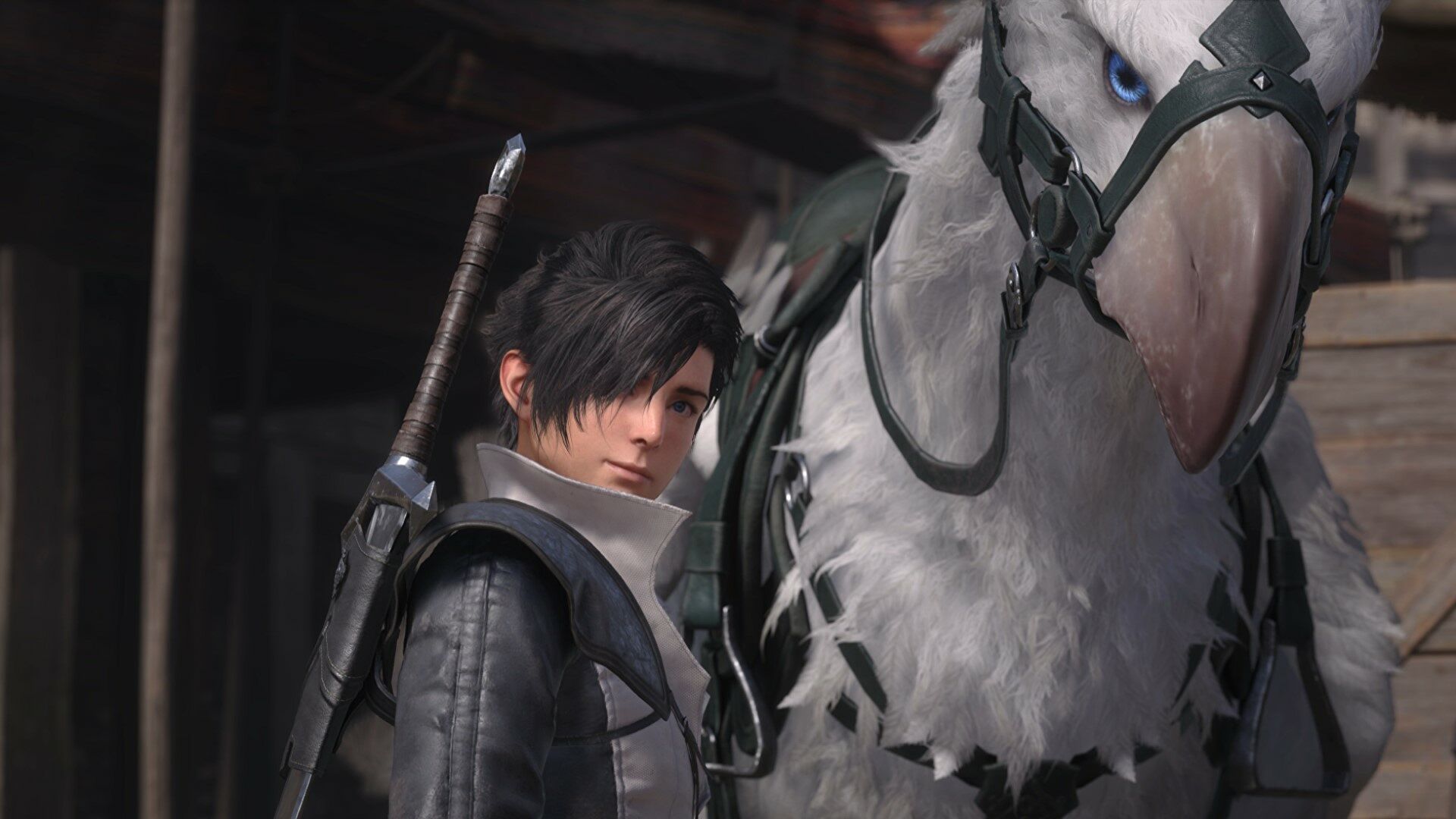Final Fantasy 16’s producer said every wrong thing when asked about the game’s diversity


In a sprawling interview with IGN, Final Fantasy XVI producer Naoki Yoshida addressed the lack of apparent racial diversity in the game’s trailers. “This is a difficult question, but not one that was unexpected,” said Yoshida, before standing immediately upon every rake in front of him.
“This is a difficult question, but not one that was unexpected, seeing as diversity in entertainment media has become a much-discussed topic as of late. The answer I have, however, may end up being disappointing to some depending on individual expectations, ” starts Yoshida.
“Our design concept from the earliest stages of development has always heavily featured medieval Europe, incorporating historical, cultural, political, and anthropological standards that were prevalent at the time. When deciding on a setting that was best suited to the story we wanted to tell — the story of a land beset by the Blight — we felt that rather than create something on a global scale, it was necessary to limit the scope to a single landmass — one geographically and culturally isolated from the rest of the world in an age without airplanes, television, or telephones.”
As Yoshida predicted, I’m disappointed with the answer. Specifically, the invocation of medieval Europe as a reason for homogeneity in a fantasy setting is infuriating. In part because medieval Europe had diversity, and because history is messy and the middle ages were weird.
Yoshida’s response doesn’t stop there, however. “Ultimately, we felt that while incorporating ethnic diversity into Valisthea was important, an over-incorporation into this single corner of a much larger world could end up causing a violation of those narrative boundaries we originally set for ourselves,” he says. “The story we are telling is fantasy, yes, but it is also rooted in reality.
“Conversely, the Final Fantasy series of games have always inherently dealt with conflict and struggle, especially between the empowered and those used and/or exploited by those privileged few — a prominent trend in human history. In a game that, by design, allows players to experience that conflict and struggle first-hand through dynamic, realistic battles, it can be challenging to assign distinctive ethnicities to either antagonist or protagonist without triggering audience preconceptions, inviting unwarranted speculation, and ultimately stoking flames of controversy inspiration directly from history, however, is that it allows us to revisit and re-examine our own pasts, while also allowing us to create something new.
“In the end, we simply want the focus to be less on the outward appearance of our characters and more on who they are as people — people who are complex and diverse in their natures, backgrounds, beliefs, personalities, and motivations. People whose stories we can resonate with. There is diversity in Valisthea. Diversity that, while not all-encompassing, is synergistic with the setting we’ve created and is true to the inspirations from which we are drawing.”
Which just about covers all the bad idea bases, from ‘we made everyone white because the alternative might be controversial’ to ‘our game about magic is just being true to history’ to the entirely self-defeating ‘the appearance of our characters is totally irrelevant anyway’. Even if you believe the lie that medieval Europe lacked all racial diversity: Final Fantasy 16, a game about crystals going wrong, is clearly drawing on history in only extremely selective ways. Making everyone or almost everyone white was a choice.
The full interview with IGN is substantive, includes other members of the development team, and is worth your time. The interview was conducted by Kat Bailey, who sure knows her RPGs.
Reference-www.rockpapershotgun.com